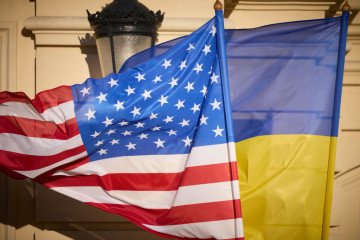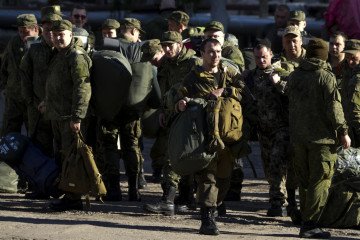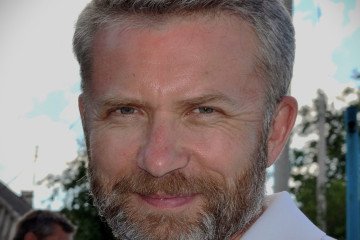- Category
- Latest news
Russia’s New Ban on Child-Free Content Puts Game of Thrones and Harry Potter on the Chopping Block

Russia will begin enforcing new restrictions on entertainment content it believes promotes a voluntary child-free lifestyle, the Russian government’s Parliamentary Gazette reported on May 19.
Under the new guidelines, the media regulator Roskomnadzor will, starting 1 September, instruct cinemas and streaming platforms to block or delete works that “encourage,” “justify,” or present advantages of refusing to have children, or that portray raising a family and remaining child-free as socially equivalent choices.
Material depicting pregnancy, motherhood, or fatherhood negatively—or voluntary childlessness positively—will likewise be prohibited.
The rules could affect well-known franchises. The newspaper names Game of Thrones, Sex and the City, and the Harry Potter films as examples that may come under review. The Russian government justifies the ban the next way:
In Game of Thrones, the character Brienne of Tarth chooses knighthood over motherhood;
Sex and the City portrays Samantha Jones as a character who has chosen a child-free lifestyle.;
And in Harry Potter, Professor Minerva McGonagall is childless;

Aleksandr Yushchenko, first deputy chair of the State Duma ’s information-policy committee, said specialized reviewers will assess titles and determine compliance. “Any content containing information prohibited in Russia will be removed or blocked, regardless of its release date,” he told the outlet.
The Ministry of Culture will stop issuing distribution licenses to new films that violate the policy on the same date the Roskomnadzor order takes effect.
Lawmakers say the measures implement Russian leader Vladimir Putin’s 2022 decree outlining “traditional spiritual and moral values.” Tatyana Butskaya, first deputy chair of the Duma’s family committee, said the information space will be “cleansed” in line with those principles.
Legislation banning “child-free propaganda” was adopted in November 2024. Individuals face fines of up to 400,000 rubles (about $4,400), officials up to 800,000 rubles, and organizations up to 5 million rubles for promoting the decision not to have children “for ideological or political reasons.”
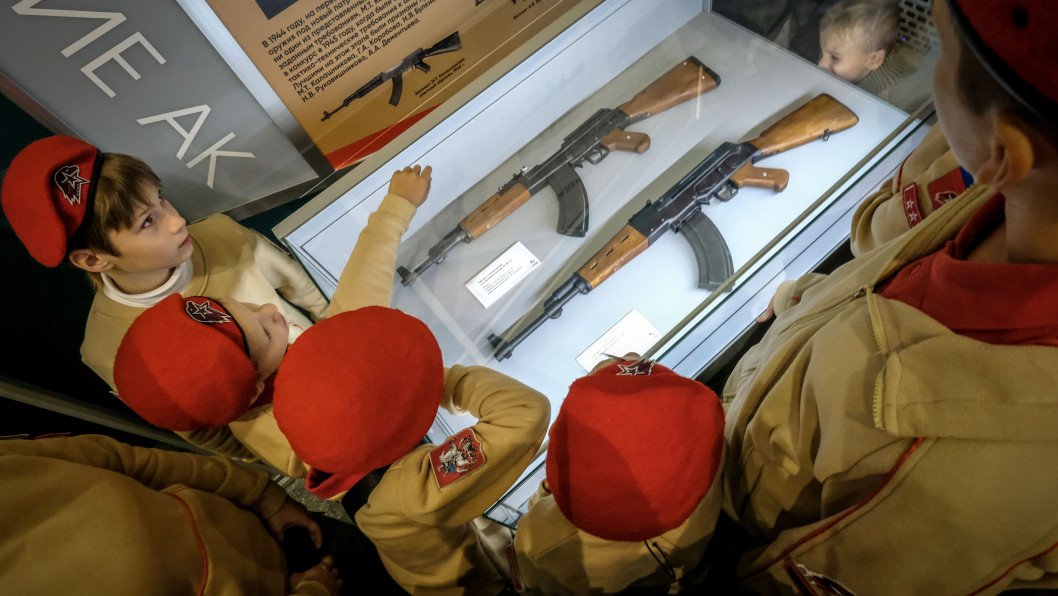
Earlier, Russia’s Interior Ministry drafted a presidential decree assigning police the responsibility of preserving and strengthening “traditional Russian spiritual and moral values.”
The proposed changes seek to add a new provision to the Ministry of Internal Affairs' mandate: “carrying out activities aimed at preserving and strengthening traditional Russian spiritual and moral values.”
The decree defines traditional values as including “patriotism, citizenship, service to the homeland, moral ideals, strong family bonds, creative work, prioritization of spiritual over material values, humanism, compassion, justice, and collectivism.”
However, the document does not clarify how police will be expected to fulfill these objectives.
-b2fecf006e6a7ef2d3584636123ee64f.jpg)

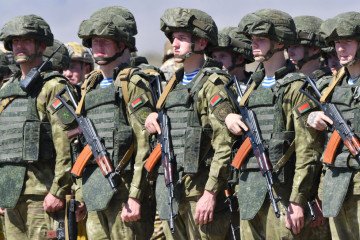
-72b63a4e0c8c475ad81fe3eed3f63729.jpeg)
